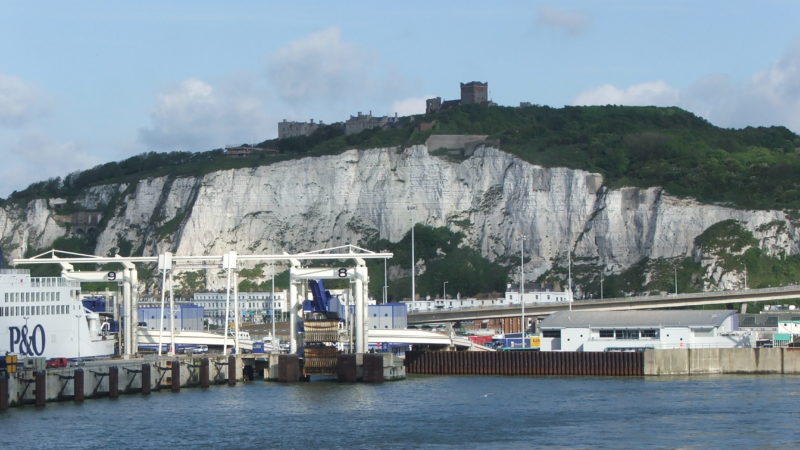During its second reading in the Lords on Wednesday, the Tories’ flagship Bill faced strong criticism.

The Bill aims to criminalise, detain and remove people who arrive in the UK in small boats to their home country or a third country such as Rwanda. Warnings have been made that the controversial legislation would be at odds with the UK’s obligations under the European Convention on Human Rights (ECHR).
The Illegal Migration Bill passed its second reading in the Lords, following strong criticism from peers. Vernon Coaker, a life peer who serves as Shadow Spokesperson for Home Affairs and Defence, said the plans would “drive a stake through the heart of our international standing”.
Scottish writer and socialist campaigner Baroness Pauline Bryan, warned that the legislation will “compel devolved nations to violate the duties set out in international law.”
“The right established by the EHCR are written into Scotland’s devolution settlement and have been fundamental to the work of the Scottish Parliament for over 20 years,” she told the chamber, adding:
“Scottish ministers cannot act in a way that is incompatible with the convention and all legislation must be compatible.
“There is a clear consensus that this Bill will breach the Convention and leave the Scottish Parliament in an invidious position under international law.”
The Labour peer explained how Scotland is legally obliged to support victims of trafficking under the 2015 Human Trafficking and Exploitation (Scotland) Act, which the Migration Bill would oblige authorities to break.
“Under this government we are experiencing endless Bills that contravene natural justice and encroach on devolved powers.
“At some point we have to say this must stop.
“This Bill should be where we draw the line and say: ‘not in our name’,” Baroness Bryan continued.
‘Morally unacceptable’
The archbishop of Canterbury didn’t hold back in criticising the Bill, branded it as “morally unacceptable” legislation that will “damage the UK’s interests and reputation at home and abroad.”
“[The bill] is isolationist, it is morally unacceptable and politically impractical to let the poorest countries deal with it alone and cut our international aid,” said Justin Welby, the most senior cleric in the Church of England.
“This is an attempt at a short-term fix. It risks great damage to the UK’s interests and reputation at home and abroad, let alone the interests of those in need of protection or the nations who together face this challenge,” he added.
The archbishop continued that the Bill fails to address two of the key causes of international migration – war and the climate crisis. Citing figures from the Intergovernmental Panel on Climate Change, Welby said the climate crisis alone is expected to lead to at least 800 million more refugees by 2050.
“Even if this bill succeeds in temporarily stopping the boats – and I don’t think it will – it won’t stop conflict or climate change,” he said, adding that it “ignores the reality that migration must be engaged with at source as well as in the Channel.”
The immigration minister, Robert Jenrick, hit back, saying Welby was “wrong.” Talking to the BBC in response to the archbishop’s comments, Jenrick said: “There’s nothing moral about allowing the pernicious trade of people smugglers to continue … I disagree with him respectfully.
“By bringing forward this proposal we make it clear that if you come across illegally on a small boat you will not find a route to life in the UK. That will have a serious deterrent effect.”
Downing Street still insists the bill is “compassionate and fair.”
Gabrielle Pickard-Whitehead is a contributing editor to Left Foot Forward
Left Foot Forward doesn't have the backing of big business or billionaires. We rely on the kind and generous support of ordinary people like you.
You can support hard-hitting journalism that holds the right to account, provides a forum for debate among progressives, and covers the stories the rest of the media ignore. Donate today.



